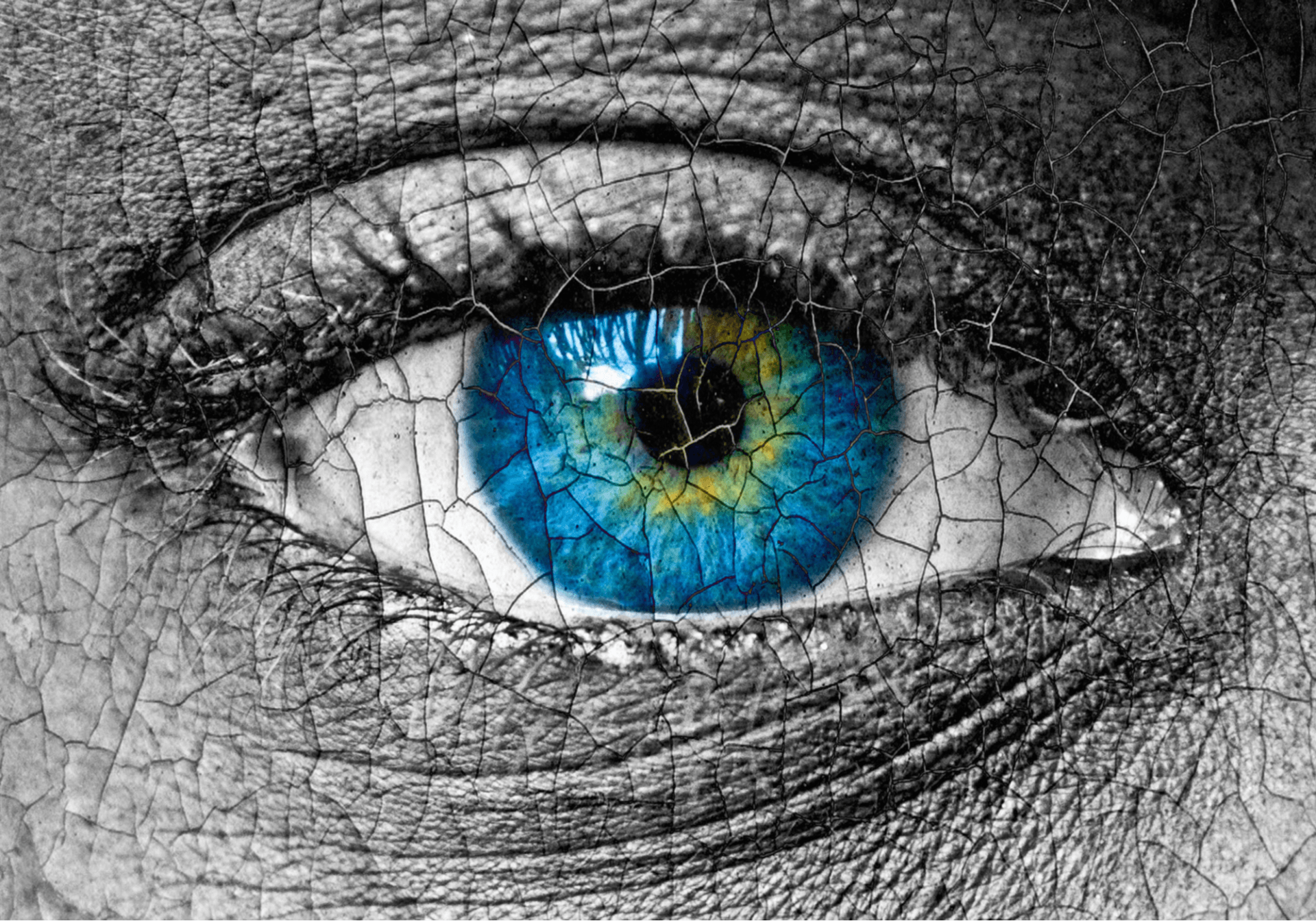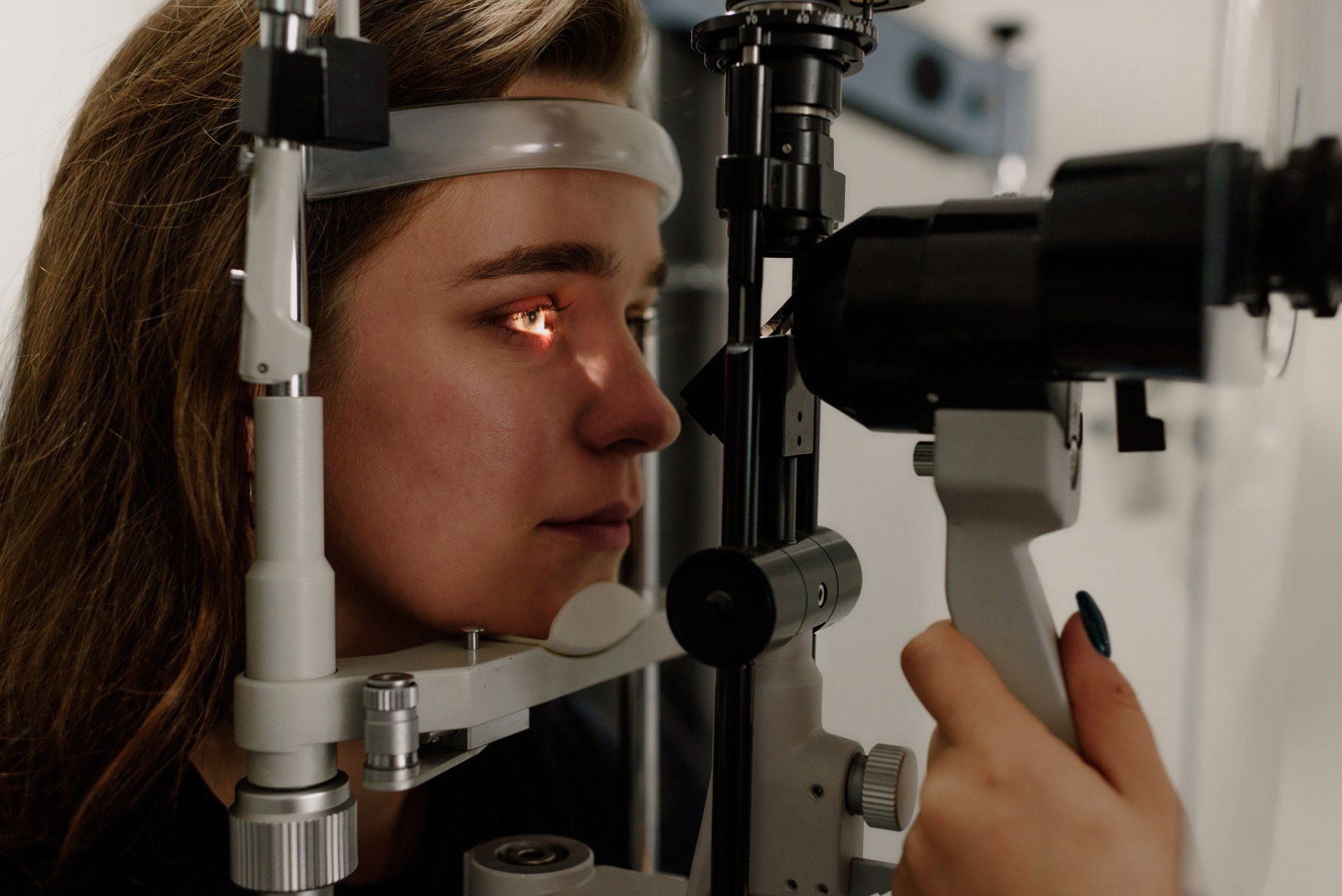Understanding keratoconus and the need for early detection and treatment

Our eyes are remarkable organs, allowing us to experience the world in all its beauty and intricacy. However, many people suffer from eye conditions that can significantly affect their vision and overall quality of life. Keratoconus is one such condition that demands our attention and understanding. In this blog post, we will explore the significance of keratoconus, its impact on individuals, and the need for early detection and treatment.
What is Keratoconus?
Keratoconus is a progressive eye disorder that affects the cornea, the clear, front surface of the eye. Normally, the cornea maintains a round shape, but in individuals with keratoconus, it becomes thin and bulges outward into a cone-like shape. This abnormal corneal shape causes distorted vision and various other visual problems.
The Importance of Understanding Keratoconus
1. Vision Impairment:
Keratoconus can lead to severe vision impairment. Individuals with this condition often experience blurred or distorted vision, double vision, sensitivity to light, and difficulty seeing at night. In advanced cases, the cornea may become scarred, making vision even worse. If unstable and left untreated, keratoconus can even lead to blindness.
2. Impact on Quality of Life:
The visual disturbances caused by keratoconus can significantly impact a person's quality of life. It may hinder daily activities, such as reading, driving, or other routine and essential tasks.
3. Onset in Young Adults:
Keratoconus typically begins in adolescence or early adulthood, which means it affects individuals during their most active and formative years. Understanding and managing this condition is critical as progression of the disease statistically progresses much faster in younger patients more so than adults.
4. Early Detection and Treatment:
Early detection of keratoconus is vital. If diagnosed in its early stages, various treatment options are available, such as rigid gas permeable (RGP) contact lenses, corneal crosslinking, and, in some cases, corneal transplant.
5. Raising Awareness:
Despite its significance, many people are not aware of keratoconus. Increasing awareness about this condition is essential to ensure timely diagnosis and management.
Keratoconus is an eye condition that demands our attention and awareness. Its impact on the lives of those affected is profound, and early detection and treatment can make a world of difference. If you or someone you know is experiencing symptoms like distorted vision, it's crucial to have yearly, comprehensive eye exams.
Our corneal specialist, Dr. Dwight Silvera, has been diagnosing and treating individuals with keratoconus for many years. He began his career in Canada where corneal crosslinking was approved for treatment of keratoconus long before it was approved here in the United States. Dr. Silvera now performs these FDA-approved corneal crosslinking procedures at our very own surgery center on the campus of Talley Eye Institute as an outpatient procedure. If you or your loved one has been diagnosed with keratoconus, ask your eye doctor about a referral to Talley Eye Institute to discuss what treatment options are right for you. Together, we can make a difference in the lives of those living with keratoconus.













